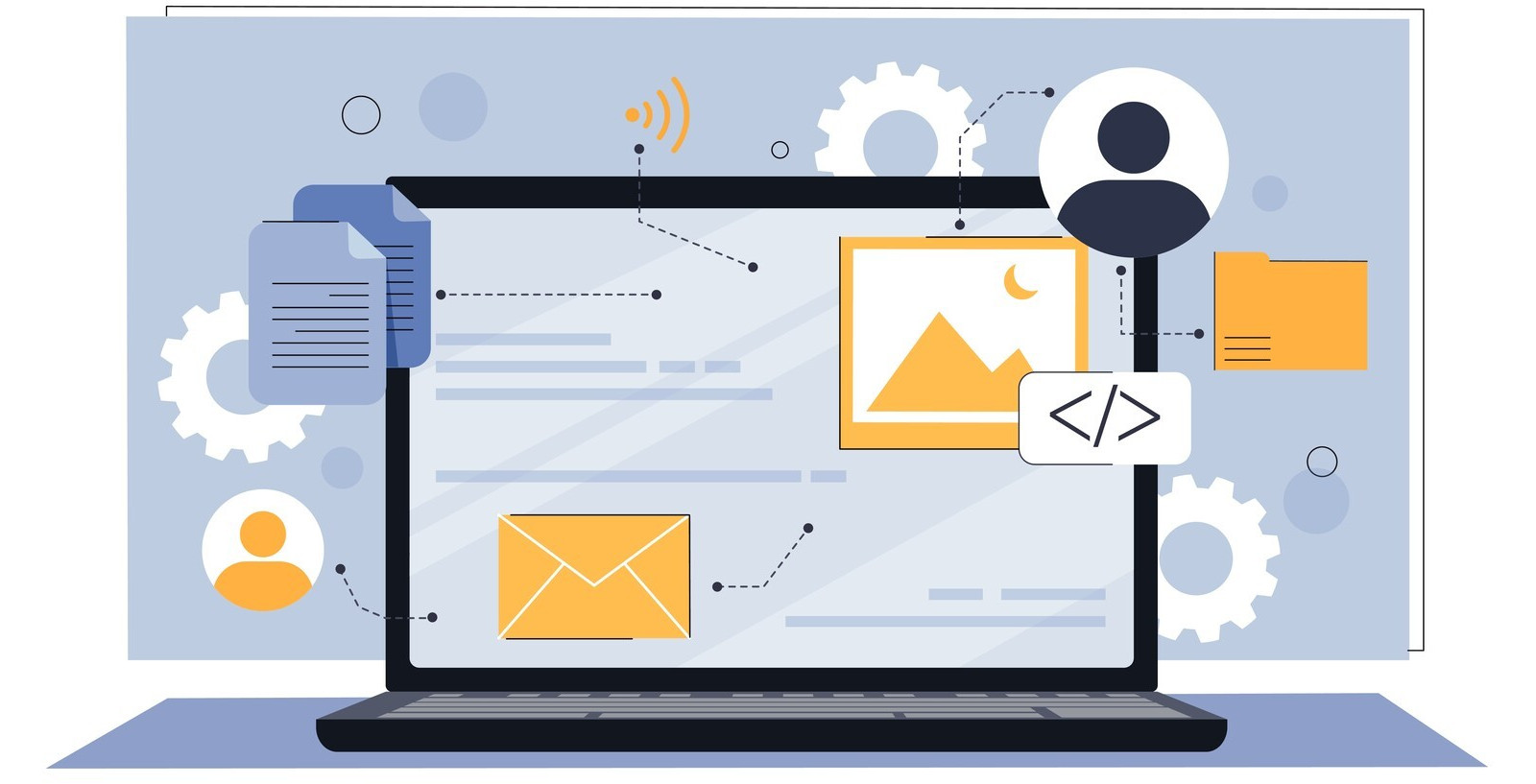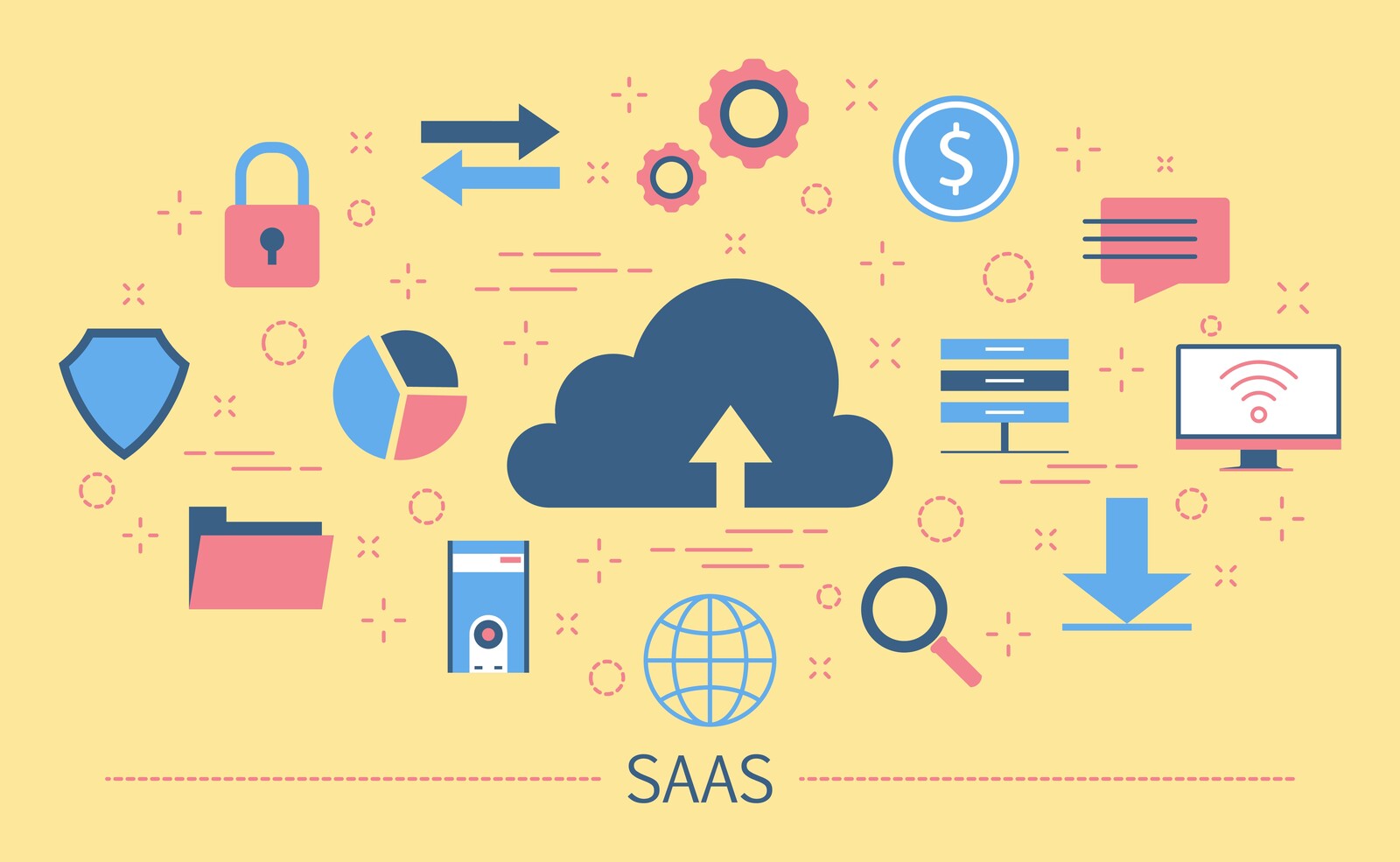A CMS website has become crucial for businesses striving to effectively manage their digital content and amplify their online visibility. Such platforms not only simplify the maintenance of website content but also bolster a brand's digital stance.
As the demand for a prominent online presence escalates, a CMS provides a sleek solution, seamlessly integrating tools that automate various aspects of website and online store oversight.
What is a Content Management System?
A CMS website empowers businesses with the tools to manage website content, craft new pages, draft blog posts, and upload images without diving into technical intricacies. Central to these systems is the use of databases that store and organize digital content, facilitating easy edits and updates through a user-friendly interface.
While Joomla, WordPress, and Drupal are prominent names in the CMS world, ecommerce-centric platforms like Shopify and emerging contenders like Hubspot CMS are also marking their territory. Each platform brings its unique set of features to the table, addressing diverse business needs and goals.
Joomla
- Ideal for medium to larger businesses
- Boasts robust capabilities to manage website content
- Features multi-language support and bespoke fields
- Entails a more challenging learning curve than some counterparts
- Provides enhanced security compared to WordPress
WordPress
- Perfect for smaller businesses and individual bloggers
- Delivers user-friendly and adaptable content management options
- Has an extensive array of themes and plugins for personalization
- Supported by a vast community for guidance and advancement
- Contains fewer security features relative to Joomla or Drupal
Drupal
- Tailored for extensive enterprises and intricate web portals
- Furnishes top-tier content management and personalization options
- Comes with innate multi-language backing and versatile taxonomy choices
- Demands a certain level of technical acumen and presents a demanding learning phase
- Stands out for its superior security measures among CMS contenders
Shopify
- Crafted for ecommerce entities across the spectrum
- Presents an intuitive dashboard for online store setup
- Incorporates direct payment gateways and dispatch solutions
- Features diverse themes and applications for personal touches
- Its content management capabilities are somewhat constrained in comparison to comprehensive CMS platforms
HubSpot CMS
- Best suited for SMEs and dynamic sales teams
- Offers an accessible dashboard for overseeing sales prospects and client interactions
- Comes packed with email marketing and sales automation tools
- Extends a myriad of integrations with distinct enterprise tools and software
- Its capacity to manage website content is slightly limited vis-à-vis other CMS tools
Each of these CMS platforms has its own strengths and weaknesses, and the best fit for a business depends on their specific needs and goals.
Power of a CMS Website for Content Management
A CMS website stands as an invaluable tool for businesses, offering a unified platform to oversee all digital content. Here's how you can benefit:
- Efficient Content Management
With a CMS website, crafting, editing, and publishing content becomes a breeze, eliminating the need for intricate technical knowledge or coding proficiency. - Streamlined Workflows
It can intuitively automate processes like content approvals and release schedules, ensuring content is both timely and aligned with your brand. - Enhanced Team Collaboration
A CMS website fosters better teamwork by permitting members to collaboratively create and handle content in real-time. - Cost and Time Efficiency
As it makes workflows smoother and content management more straightforward, a CMS Website can result in significant time and cost savings, allowing businesses to allocate resources to other crucial facets.
Optimizing Content Management with a CMS Website
The digital era demands efficiency, and a CMS website is the answer for businesses aiming to optimize their online content management. Central to its myriad advantages is the ability to effortlessly manage website content.
Such platforms enable users to quickly design, adjust, and deploy content without deep technical knowledge. This streamlining doesn't just save time; it allows focus on other crucial aspects of the business.
Additionally, a CMS website can significantly uplift website performance. Through optimized templates and plugins, it ensures faster site load times and heightened functionality, leading to better user engagement and a boost in search engine rankings.
Flexibility and scalability remain standout features of a CMS website. As your business grows and market needs shift, it offers the ease of integrating new functionalities, keeping you primed for the ever-evolving digital landscape.
Lastly, security isn't an afterthought. CMS platforms prioritize your site's security, regularly updating to guard against potential cyber threats, ensuring a smooth and safe digital experience.
Manage Website Content using Custom Plugins
Custom CMS plugins act as powerful enhancements, magnifying the capabilities of your CMS website, thus allowing businesses to manage content more dynamically. Tailored to add or modify features not originally present, these plugins provide a solution that closely matches specific business needs.
One of the standout merits of integrating custom plugins is the boost they provide to website functionality. Such additions grant a CMS website unique features, ensuring a personalized user journey and accommodating distinct requirements of different clients.
Beyond just functionality, these custom plugins elevate the overall user experience. They refine core platform features, making your site more user-friendly and intuitive. This polished navigation can engage visitors for extended periods, potentially resulting in increased conversions.
Additionally, custom plugins are adept at forging connections between your CMS website and other essential business tools. For example, a bridge between your CMS and a CRM system can streamline the management of customer interactions and vital data, centralizing everything for easier access.
Choosing the Right CMS
Deciding on the optimal CMS to manage website content for your enterprise requires a thoughtful approach, considering multiple facets. Initially, understanding your specific business objectives and requirements is paramount. If your venture focuses on e-commerce, for instance, it would be advantageous to opt for a CMS equipped with comprehensive inventory management and transaction processing features.
Subsequently, delve into the capabilities of different CMS platforms, contrasting their strengths and attributes to discern the most suitable one for your needs. Aspects like user-friendliness, adaptability, and the potential for seamless integration with other essential business applications should influence your choice.
Lastly, while choosing a CMS, always have an eye on the horizon. Prioritize a platform that promises adaptability, ensuring it can efficiently accommodate the expansion and evolution of your business. This way, you avoid settling for a short-term solution that may necessitate significant alterations or replacements as your business progresses.
Effectively Managing Content with a CMS Website
A content management system can significantly improve the efficiency and productivity of your business operations by simplifying content management, automating workflows, and improving collaboration.
When considering a CMS for your business, take the time to assess your needs and goals, evaluate CMS features and functionality, and consider scalability and future growth. Upgrading to a CMS or using custom plugins with your existing CMS can provide additional benefits and increase functionality.
With the right CMS in place, your business can enjoy increased flexibility, scalability, and security, ultimately leading to improved business outcomes.




